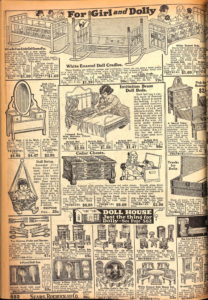Hiring Yourself to Do Your Household Chores, Tax Free
I've been working on my house today, which is part fun, part tedious. It gets more fun when I consider what I’m saving financially by doing the work myself. I just make up a number of $40/hour, whch is less than it would probably cost me to hire many kinds of workers. I can’t in good conscience pick a higher number because I’m not as efficient as a specialist who has all the right tools ready.
Here’s my totals from today. I earned $80 (two hours) putting up two window blinds. What the heck . . . I also cooked, cleaned, configured some software, did some bookkeeping, laundry and a few other odds and ends. All in all, it was about 4 hours of work, so I just paid myself $160.  PLUS, I’m writing this post rather than hiring a writing. And I’m going to read to myself tonight – otherwise I might have had to pay someone to read to me. And just before falling asleep, I will fluff my own pillow and operate my own dream theater.
PLUS, I’m writing this post rather than hiring a writing. And I’m going to read to myself tonight – otherwise I might have had to pay someone to read to me. And just before falling asleep, I will fluff my own pillow and operate my own dream theater.
Perhaps I’m getting too obsessed about saving money as a result of visiting the website of Mr. Money Mustache. That is a place where "Frugality is the New Fanciness."

